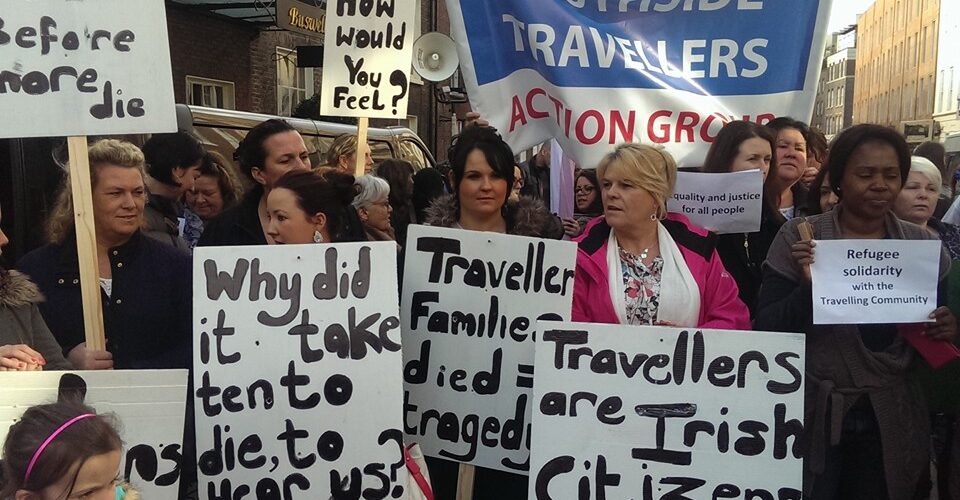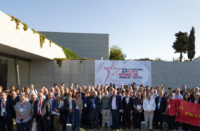The far right has been pushing the belief that Ireland has an immigration issue, that immigrants are replacing the Irish. While this isn’t true, Ireland has a problem with immigrants—and that is, how they are treated.
The highest non-Irish population is Polish; and the largest non-English language spoken is also Polish; but it isn’t taught in schools. Instead we teach French, German, Spanish, and Italian. There were 150,000 Polish people in 2016 according to the Polish embassy, but the 2022 census shows a drop of 100,000 in the Polish population.
This is not surprising, given the anti-immigrant stance that has been growing over a number of years. The Irish working class has more in common with those fleeing economic disparity and war, not just from Poland but other eastern Europeans, and those from African and Asian countries, than with those pushing anti-immigrant talking-points and those who misrepresent us in the Dáil.
It is not only immigrants that Ireland has this problem with. Refugees and asylum-seekers are not only attacked by right-wing agitators but also mistreated by the state. Many refugees and asylum-seekers are put into direct-provision centres that have appalling conditions and are given little money to live on.
While it would seem that Ukrainians get treated better, many are put into shoddily converted centres that are unfit for anyone to stay in for any length of time. Irish people have a history of leaving home to look for work and better living conditions, notably in America.
One book that analyses the Irish diaspora in America during the time of the Famine is called How the Irish Became White, by Noel Ignatiev. He tells of the conditions that Irish people lived in but, more importantly, of the lack of solidarity they had with fellow-workers, specifically the freed slaves. The Irish of America went so far as to organise strikes against employers who planned to hire freed slaves.
While this doesn’t happen in Ireland today, what does happen is discrimination against Travellers. The state, the capitalists and the workers, consciously or not, worked together to make their home antagonistic. Irish Travellers who had been fighting to be recognised as an indigenous minority finally got recognition in early 2017, but since then little has changed. Cant, a language spoken by Irish Travellers, should be held to the same importance of being protected as Irish. The history of Travellers in Ireland, and how they were treated, should be known but it is ignored.
When Ireland unites, the numbers of non-Irish people and non-English languages will increase, and these shouldn’t be ignored but embraced. The far right who incite violence against the vast array of people who bring their language and culture claim to want to preserve Irish culture.
Culture is not static: it changes and has changed throughout history. The far right ignore history in favour of backward ultra-nationalism. Ultra-nationalism serves no-one but the ruling class and divides workers. Multiculturalism enriches a society; but when the state fails to aid Irish people to properly understand the people who bring their culture, the far right and fascists seize momentum and grow.






